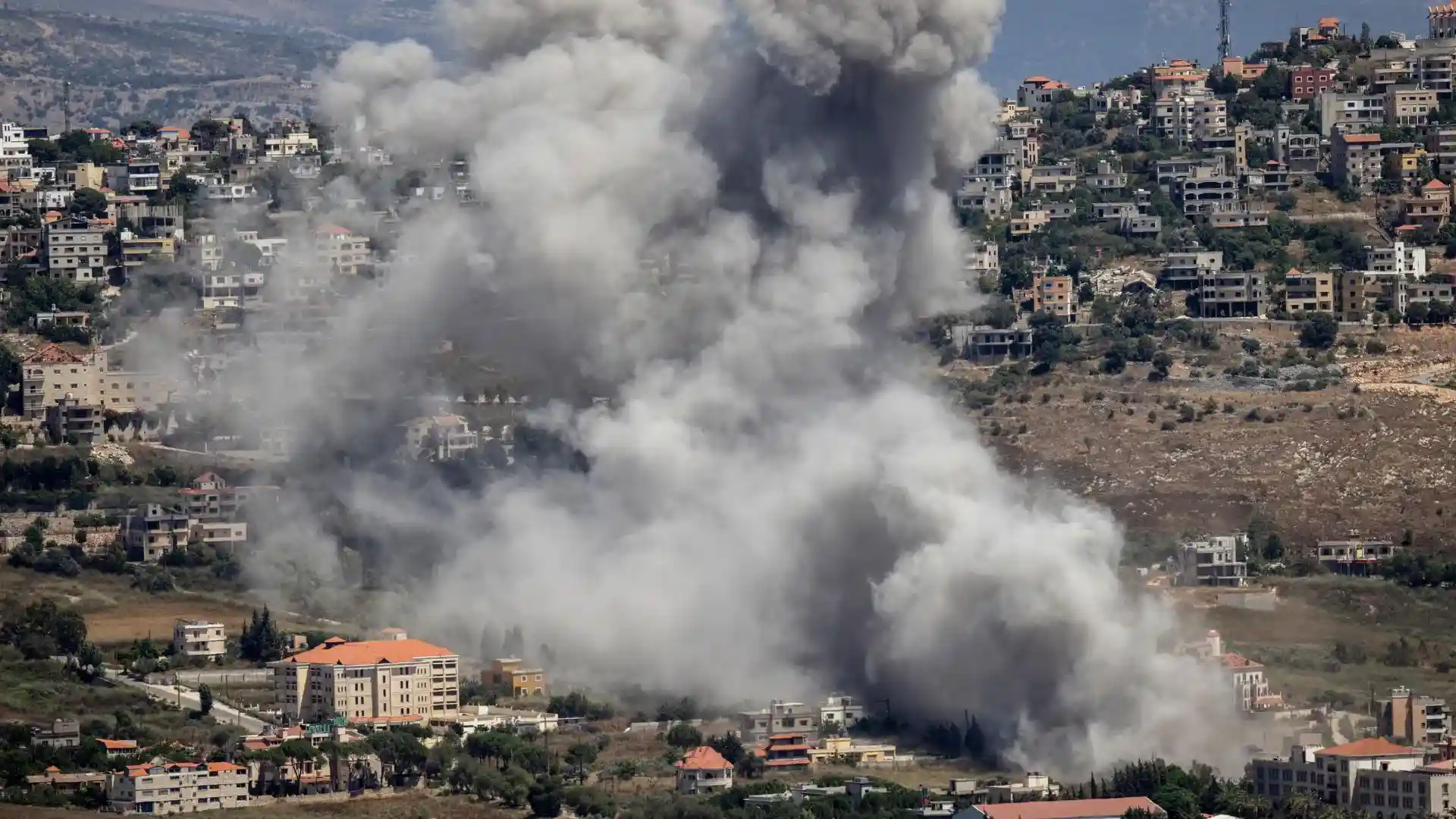Violent clashes in Papua New Guinea’s East Sepik province last week have resulted in at least 26 deaths, including 16 children, and the United Nations fears the final death toll could exceed 50. The brutal attacks on three villages are believed to have stemmed from a dispute over land and lake ownership and usage rights.
UN High Commissioner for Human Rights, Volker Türk, expressed his horror at the violence in a statement on Wednesday. “I am horrified by the shocking eruption of deadly violence in Papua New Guinea, seemingly as the result of a dispute over land and lake ownership and user rights,” Türk said. He highlighted that the attacks on July 16 and 18 forced over 200 villagers to flee as their homes were set ablaze.
Türk urged Papua New Guinea authorities to launch “prompt, impartial, and transparent investigations” to ensure that those responsible are held accountable. He also emphasized the importance of providing reparations to the victims and their families, including adequate housing, protection against further attacks, and necessary psychosocial support.
Additionally, Türk called for efforts to address the root causes of these disputes to prevent future violence. “It is vital that authorities work in and with the affected communities to address the root causes of land and lake disputes,” he added.
This latest outbreak of violence mirrors previous incidents in the region. In February, the UN office had already called on Papua New Guinea to address escalating tribal violence after dozens were killed in a violent clash between rival tribes. Since the 2022 elections, conflicts among 17 tribal groups have intensified over issues such as land disputes and clan rivalries.
Historically, clans in Papua New Guinea have fought each other for centuries. However, the situation has worsened with the influx of mercenaries and automatic weapons, exacerbating the cycle of violence. The country’s population has more than doubled since 1980, increasing pressure on land and resources and deepening tribal rivalries.

















